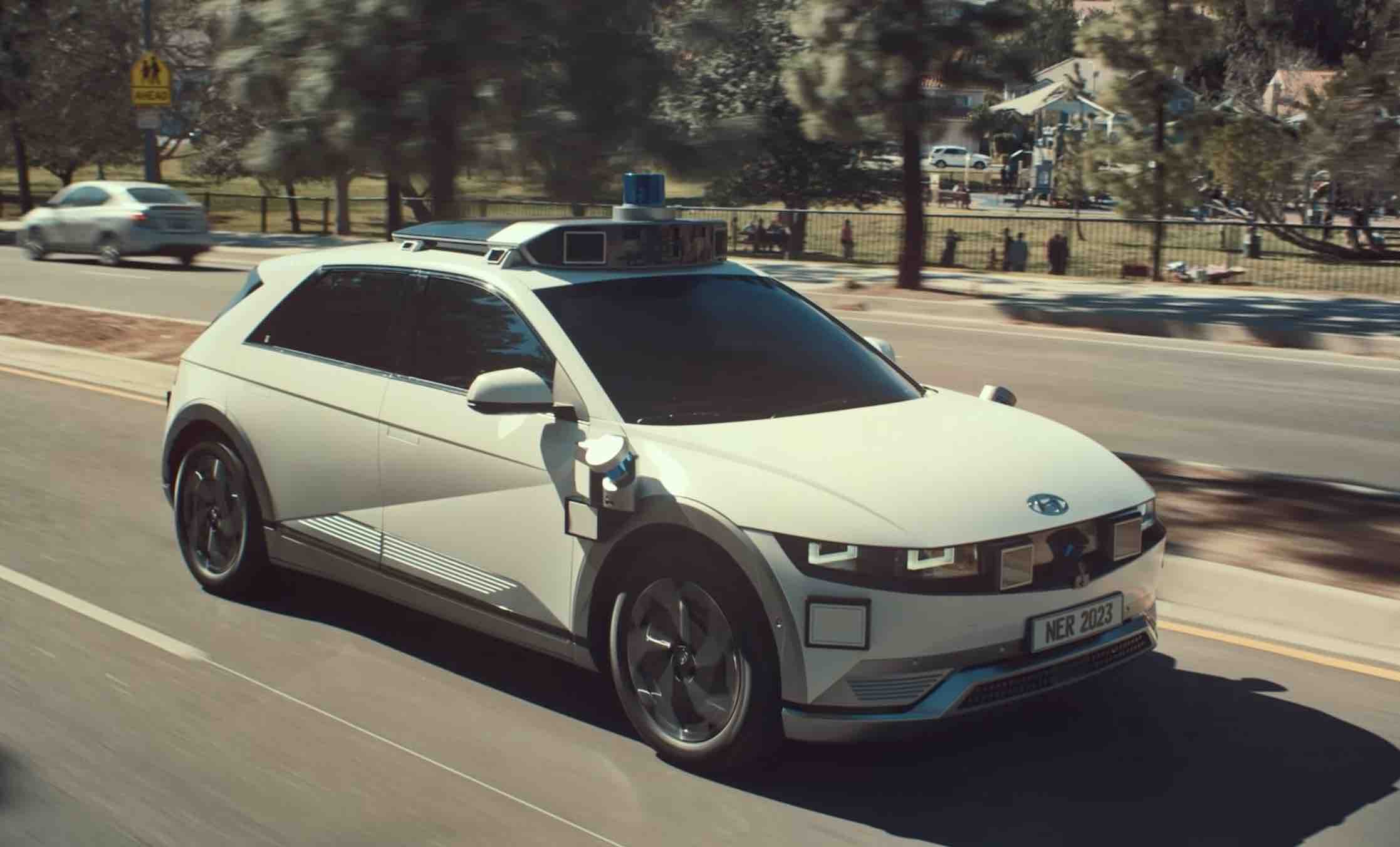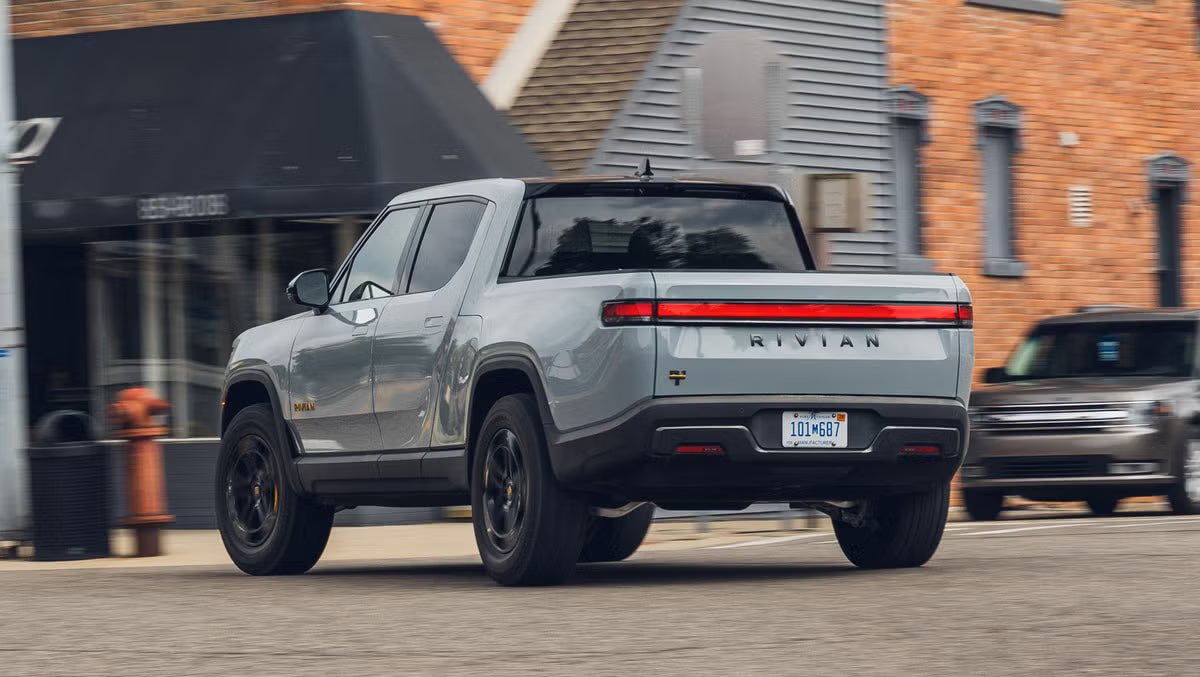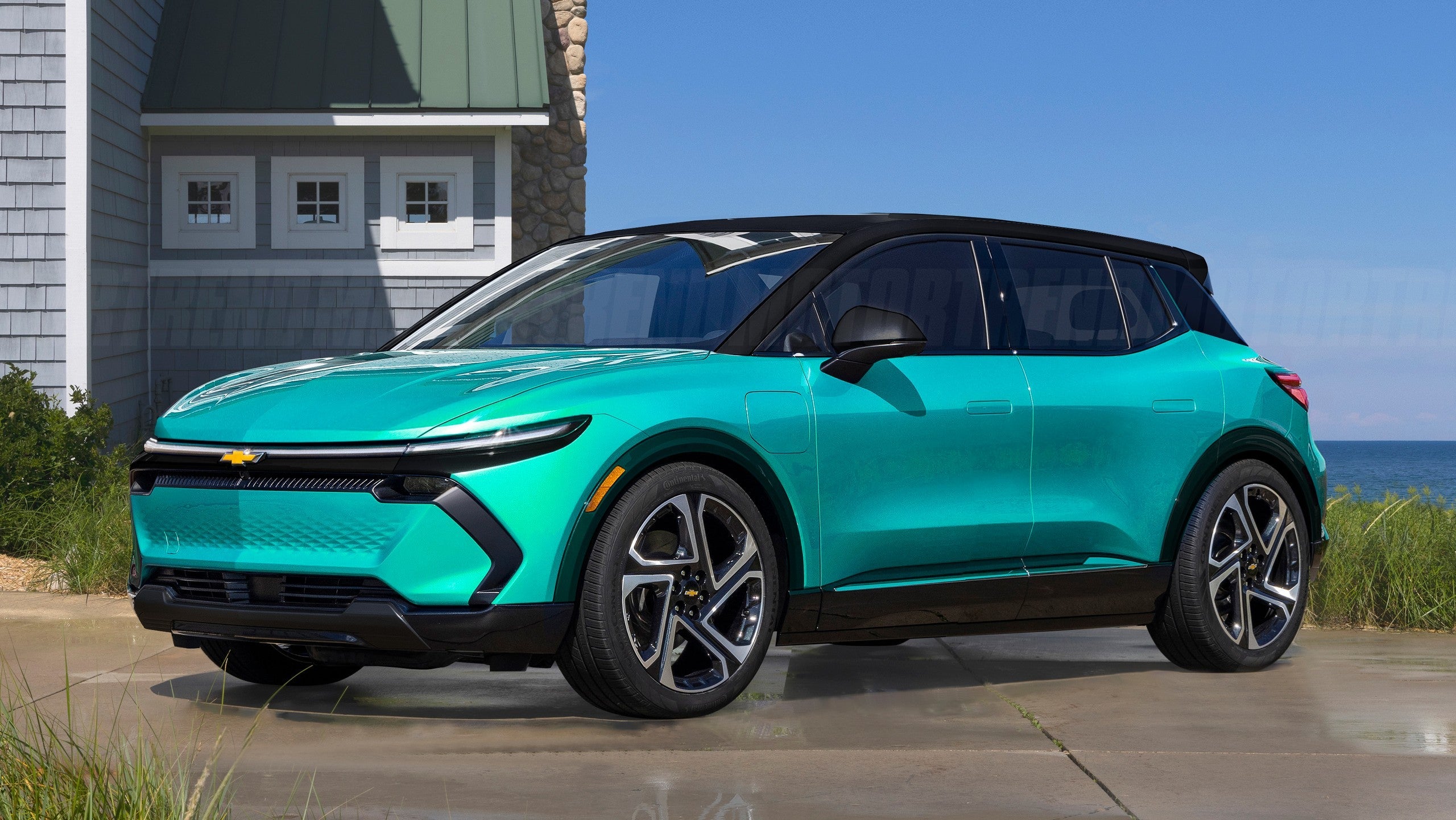Market Shifts After the $7,500 Incentive Disappears
The end of the $7,500 federal EV tax credit in late September delivered a sharp blow to the U.S. electric-vehicle market. Buyers rushed to secure the incentive before the deadline, creating a temporary sales surge. But as soon as October arrived—the first full month without the credit—EV sales dropped dramatically, unsettling automakers across the industry.
For many legacy car companies, the loss of the federal incentive has become a catalyst for major strategic reconsiderations. Combined with higher import tariffs and rising manufacturing costs, several brands such as Kia and Stellantis have begun postponing or cancelling their upcoming EV models for the U.S. market.

Why Rivian Views the Policy Change as an Advantage
While traditional automakers reassess their plans, Rivian sees the environment differently. As a company that has never produced a gasoline vehicle, Rivian is uniquely positioned to operate in an EV-only landscape. Speaking at the Rotary Club of Atlanta, CEO RJ Scaringe said the disappearance of the federal credit could ultimately help Rivian—mainly because it reduces competitive pressure.
According to Scaringe, the end of the incentive removes a tool that allowed some car companies to offer aggressively low lease deals on EVs that otherwise would not sell well. “In the medium to long term, it actually simplifies things for Rivian,” he said. “Through the lens of Rivian, it actually creates less competition.”
This shift is supported by recent regulatory changes. The Trump administration rolled back penalties for carmakers whose fleets fail to meet emissions standards. Previously, companies that didn’t meet requirements often purchased regulatory credits from EV-only manufacturers, including Rivian and Tesla—part of what made ultra-cheap EV lease deals possible.
A Changing Competitive Landscape
With fewer incentives and fewer regulatory credits available, many automakers may retreat from aggressive EV marketing, Scaringe predicts. In the past, some companies used regulatory credits to subsidize unsustainably low lease prices, sometimes as little as $39 per month, distorting market expectations. These offerings encouraged consumers to hold unrealistic assumptions about EV affordability.
According to Scaringe, those tactics are now unlikely to continue. As a result, Rivian expects a recalibration of the broader EV market—one that could benefit EV-only brands with dedicated technology stacks and cleaner corporate strategies.
Why Legacy Automakers Still Need EV Momentum
Even though Rivian stands to benefit in the short term, Scaringe stressed that traditional automakers should not slow down their electrification efforts. Pulling back now may help with near-term financials, but it risks leaving companies unprepared for the next decade.
“I think every manufacturer needs to be developing world-class technology in what is undeniably the future of this industry,” he said. Companies that reduce EV programs today, he warned, may struggle to remain competitive in the 2030s, especially against fast-advancing rivals from China, where automakers continue accelerating their EV development rather than pausing it.

Long-Term Outlook for the U.S. EV Market
Although the tax credit’s cancellation has caused short-term turbulence, Rivian believes the market will stabilize. Scaringe remains confident that EV adoption will continue rising as infrastructure improves, battery costs fall, and consumer awareness increases.
“There’s a short-term impact from that,” he said, “but in the fullness of time, it doesn’t change any of the outcomes.”
In Rivian’s view, the road ahead still points toward widespread electrification. The near-term slowdown may reshape strategies and thin the competitive field, but for companies fully committed to EVs, the long-term trajectory remains largely intact.
Recommend Reading: Rivian and Volkswagen Plan to Share EV Software With Other Carmakers








Partager:
Lucid Gravity vs. Rivian R1S: A Clear Winner in Real-World Performance
Used Chevy Blazer EV Prices Drop Fast, Creating an Unusual Bargain Opportunity